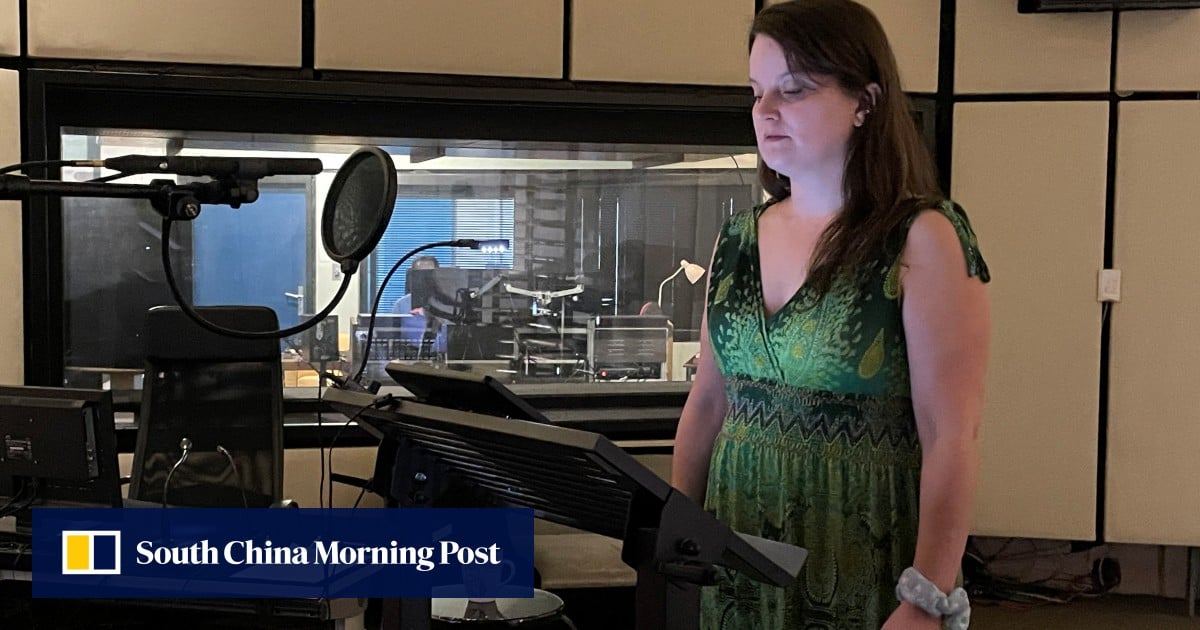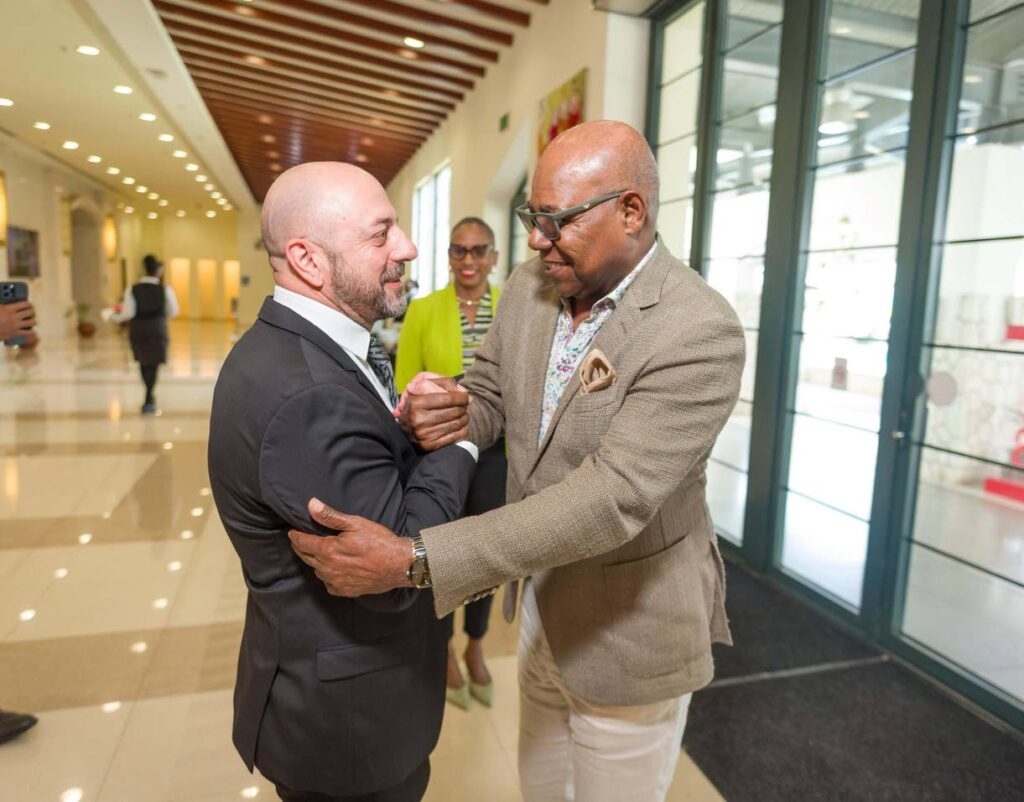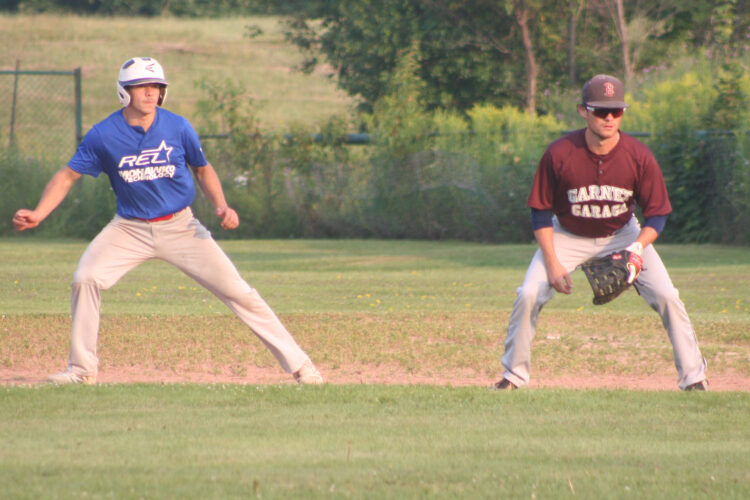AI Voice Cloning Sparks Fears in NZ Dubbing Industry: Calls for Regulation Grow

The New Zealand dubbing industry is facing a seismic shift as Artificial Intelligence (AI) voice cloning technology rapidly advances. Talented voice actors are expressing serious concerns about the potential displacement of human performers, leading to increasing calls for regulation to protect their livelihoods and preserve the artistry of voice acting. This isn't a distant threat; AI is already being used in some dubbing projects, raising profound questions about the future of the industry and the value of human creativity.
For years, voice actors have been the unsung heroes of film and television, breathing life into characters and making content accessible to wider audiences. The intricate process of dubbing requires not just a skilled voice, but also a deep understanding of nuance, emotion, and cultural context. It's about more than just matching words; it’s about conveying the *feeling* behind those words.
Now, AI voice cloning tools are emerging that can replicate the voices of existing actors with startling accuracy. While proponents argue that this technology can offer cost savings and efficiency, many voice actors are worried about the long-term consequences. Imagine a scenario where studios opt to use AI-generated voices instead of hiring human actors - what happens to the jobs, the careers, and the unique skill sets that have been cultivated over decades?
“It’s incredibly unsettling,” says Maria Thompson, a seasoned voice actor based in Auckland. “We’ve dedicated our lives to honing our craft, and to see that potentially undermined by a machine is deeply concerning. It’s not about being anti-technology; it’s about ensuring a fair and sustainable future for those of us who rely on this work.”
The debate isn't just about jobs; it's also about quality and authenticity. While AI can mimic a voice, it often struggles to replicate the subtle inflections, emotional range, and improvisational abilities that make human voice acting so compelling. The risk is that dubbing becomes homogenized, losing the unique character and personality that audiences have come to expect.
The Call for Regulation
Recognizing the potential harm, a growing number of voice actors are advocating for regulations that would govern the use of AI in the dubbing industry. These regulations could include:
- Transparency Requirements: Mandating that studios disclose when AI-generated voices are used in dubbing projects.
- Consent and Compensation: Ensuring that voice actors are compensated and provide consent when their voices are used to train AI models.
- Quality Standards: Establishing minimum quality standards for AI-generated voices to prevent substandard dubbing that degrades the viewing experience.
- Protecting Human Roles: Prioritizing the use of human voice actors whenever possible and exploring incentives to support their work.
The Screen Production and Development Association (SPADA) in New Zealand is actively monitoring the situation and engaging with stakeholders to explore potential solutions. “We understand the concerns of voice actors and are committed to fostering a sustainable and ethical dubbing industry,” states SPADA CEO, Piers McElneey. “We need to find a balance between embracing technological advancements and protecting the rights and livelihoods of our talented workforce.”
The discussion around AI and dubbing is part of a wider conversation about the impact of AI on creative industries. As AI technology continues to evolve, it's crucial that policymakers, industry leaders, and creators work together to ensure that innovation benefits everyone, not just a select few. The future of the NZ dubbing industry – and the voices that bring stories to life – may depend on it.






